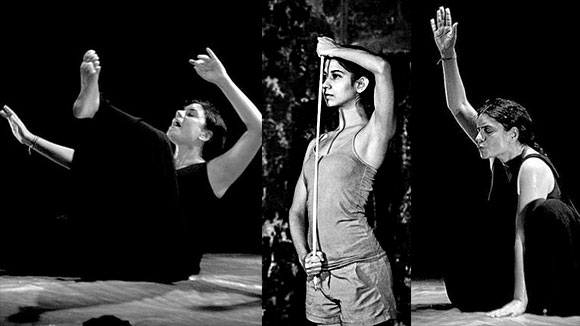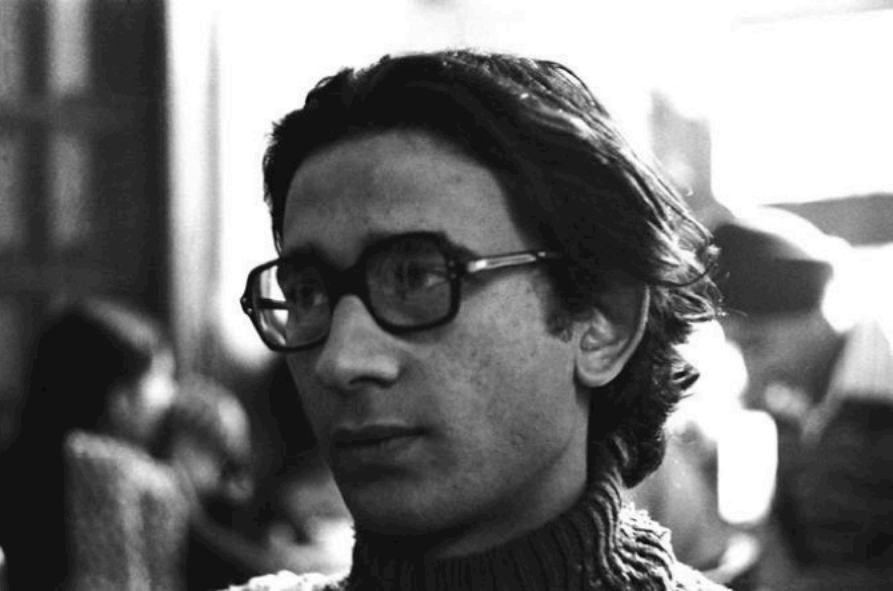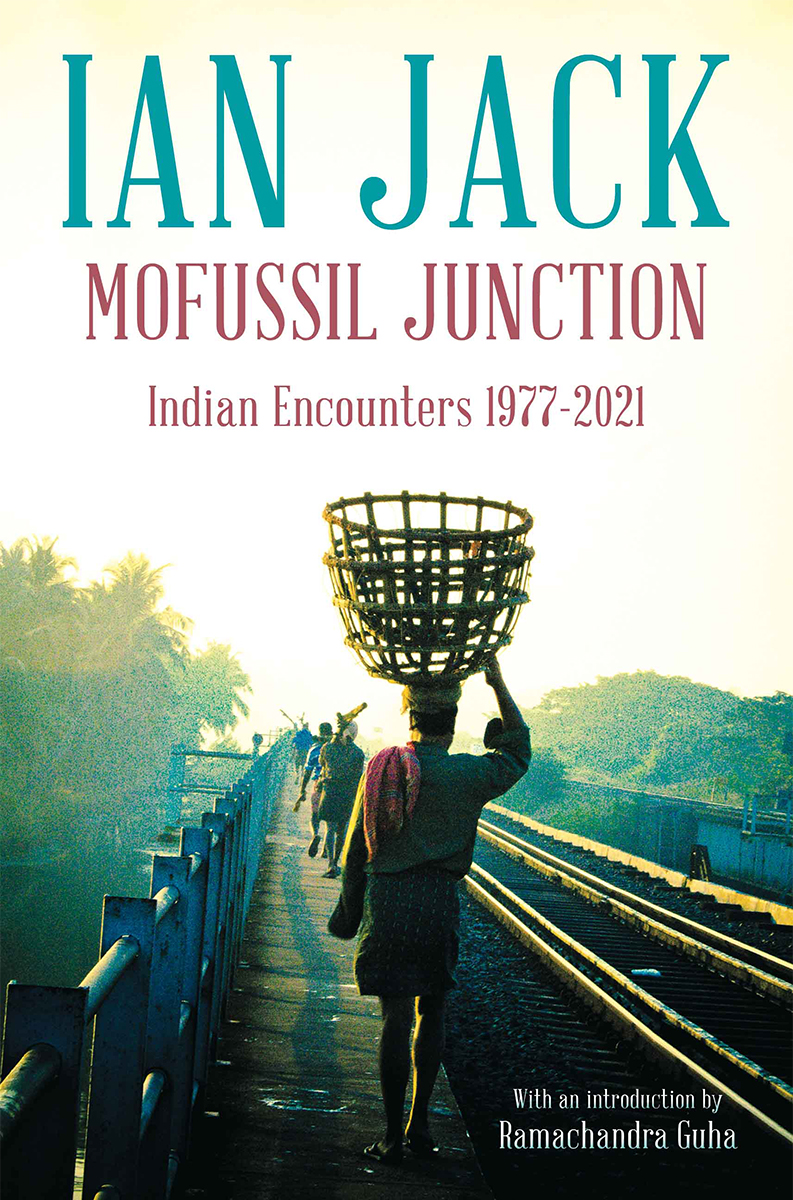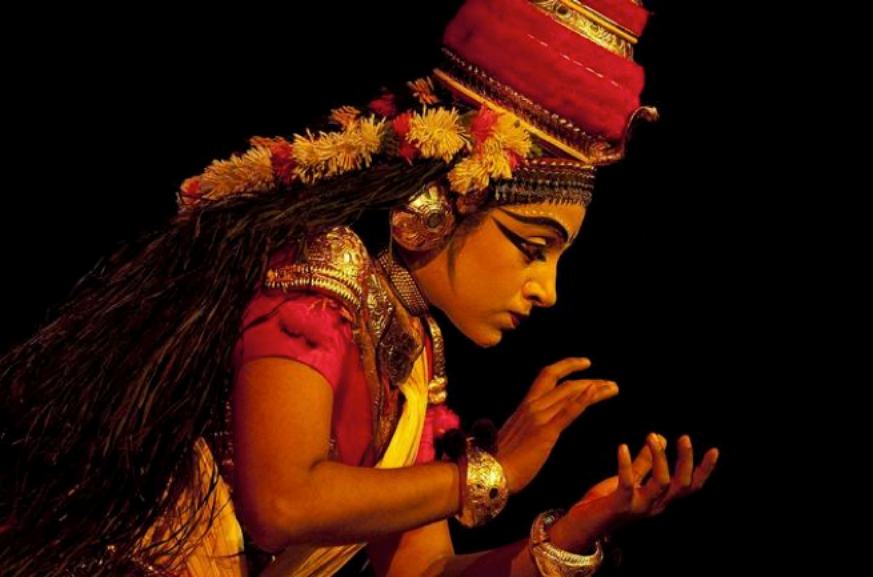Devina Dutt looks at the trend of unconventional performances in unconventional venues through Jyoti Dogra’s experience.
The day Notes on Chai , a striking monologue from Mumbai-based theatre actor and director Jyoti Dogra, opened at the Faculty of Fine Arts in Baroda’s MS University in August 2013, a freak storm visited the city. Only a few people could watch Dogra’s collection of stories, explicit and exact, held together by the everyday business of drinking tea. But the next day, a large crowd showed up in a bare classroom for a previously arranged Q&A session and Dogra decided to have another show, “without lights and the madness of bad mikes”, she says.
Read More




